What’s the Buzz
The Bee Healthy Blog
Preventing Opioid Misuse
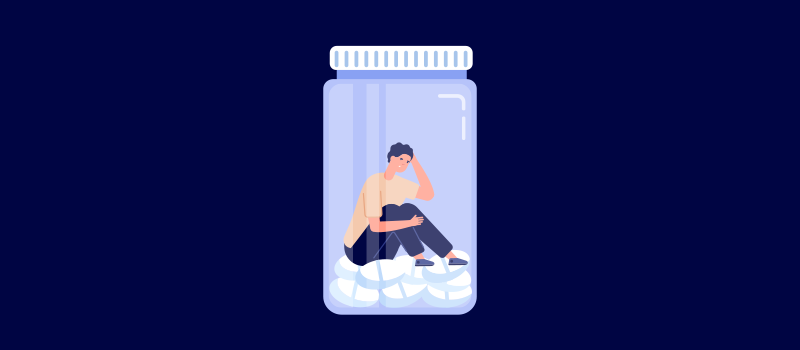
Opioid misuse is a serious public health concern in the United States. As a consequence of this misuse, opioid use disorder, addiction, and overdoses have been rising at an alarming rate. The Substance Abuse and Mental Health Services Administration (SAMHSA) reports that some 10 million people abuse opioids each year in the U.S., with the vast majority using prescription pain relievers. The Federal Government has launched several initiatives towards preventing opioid misuse and overdose deaths, yet it continues to be a daunting problem that requires further efforts. Continue reading to learn more about preventing prescription drug misuse.
What are opioids?
Opioids are a class of drugs also called narcotics. They include strong pain relievers such as codeine, morphine, oxycodone (OxyContin), hydrocodone (Vicodin), fentanyl (Duragesic), and tramadol (Ultram). Opioid pain medications are available by prescription only. The illegal drug heroin is also an opioid. Some opioids are obtained from the opium poppy plant while others are synthetic or semi-synthetic made in laboratories.
Doctors prescribe prescription opioid pain relievers to reduce pain after major surgery or injuries or to manage severe refractory pain in cancer patients. When used as prescribed under the direction of a healthcare provider, prescription opioid drugs are an effective pain management tool. However, misusing these powerful medications can be dangerous and puts a person at risk of dependence, addiction, and overdose.
What are the risks of using prescription opioid pain pills?
Like most medications, the use of prescription opioids can have side effects, even when taken exactly as directed by the prescribing physician. Common side effects of opioid treatment include mental fog, drowsiness, constipation, and nausea.
In addition to side effects, prescription opioids carry serious risks of misuse, tolerance, dependence, addiction, and overdose.
Opioid misuse
Prescription drug misuse includes taking too much medicine, taking medicine more frequently than prescribed, taking medicine in a different way than recommended (for example, crushing the pills), taking someone else’s medicine, or taking opioid medicine to get high. The risk of tolerance, dependence, and addiction is higher when someone misuses opioids.
Opioid tolerance
Opioids trigger the release of neurotransmitters called endorphins in the brain. These are feel-good chemicals that reduce the perception of pain and boost feelings of pleasure, creating a sense of well-being or “high.” When someone uses opioids repeatedly for a long period, their body stops making endorphins. So, once an opioid dose wears off, they find themselves craving the good feelings. However, now, the same dose of opioids does not trigger enough good feelings. Consequently, they need a higher opioid dose to achieve the same effect. This is known as tolerance. People who develop a tolerance may be driven to opioid misuse to keep feeling good.
Opioid dependence
The next stage in prescription drug abuse is opioid dependence. Dependence means a person experiences withdrawal symptoms if they don’t have access to the drug. Opioid withdrawal symptoms can include anxiety, agitation, muscle aches, insomnia, sweating, nausea, vomiting, diarrhea, abdominal cramping, dilated pupils, and more.
Opioid addiction
Addiction is a long-lasting brain disease in which a person compulsively seeks out drugs even though they are harmful. The initial decision to misuse or abuse opioids is voluntary for most people. However, over time the changes in brain chemistry make it very difficult for an opioid-addicted person to practice self-control and resist the urge to abuse the drugs.
Opioid overdose
Opioids have an effect on a part of the brain that controls breathing. When someone takes a high dose of opioids, it can lead to an overdose with slowing or stopping of breathing and sometimes even death. According to the Centers for Disease Control and Prevention (CDC), 128 Americans die every day from an opioid overdose. Preventing opioid misuse is an important step in preventing overdose deaths. If someone has signs and symptoms of an opioid overdose, call 911, and use Narcan if available (this medication can reverse the effects of opioids).
How can you prevent opioid misuse?
If you have been prescribed these medications for pain management, there are several things you can do to prevent opioid misuse.
- Work with your doctor to develop a plan to manage your pain.
- Discuss other treatment options, including less addictive pain pills, and make an informed decision.
- Talk to your doctor about side effects and the potential for opioid abuse.
- Follow up regularly with your prescribing physician while receiving opioid treatment.
- Follow your doctor’s instructions as well as the directions on the label and from the pharmacist.
- Never take higher doses or more frequent doses of opioid pain pills than prescribed.
- Do not change the dosing regimen without speaking to your doctor or pharmacist.
- Never crush a pill to snort or inject it (doing this with an extended, long-acting pill can lead to an overdose because it will deliver a very large dose at once).
- Be aware of potential interactions between opioids and alcohol as well as other medications such as benzodiazepines (Valium, Xanax), hypnotics (Lunesta, Ambien), muscle relaxants (Flexeril, Soma), and other opioids.
- Do not share your opioid pain pills with anyone else.
- Never use someone else’s opioid prescription.
- Contact your doctor if you have side effects or any other concerns.
What are strategies for opioid addiction prevention?
Opioids are highly addictive because they activate powerful reward and pleasure centers in the brain. Anyone who uses opioids, even as directed, is at risk of developing opioid use disorder and addiction. Legal, illegal, stolen, and shared opioid medications are responsible for the majority of substance use and opioid overdose deaths in the U.S.
It is impossible to predict who will and who will not abuse these drugs and develop a dependence. Various genetic, environmental, and psychological factors play a role in drug addiction, which can develop quickly or after many years of opioid use. Some of the factors that can increase the risk of opioid addiction include:
- A personal or family history of addiction.
- The length of time you use prescription opioids - research suggests that taking these powerful medicines for more than a few days increases the chances of using them long-term and developing an addiction.
- Taking opioids differently from what was prescribed (taking higher or more frequent doses than recommended increases the risk of addiction).
- Other risk factors for opioid misuse and addiction include young age, poverty, unemployment, legal problems, criminal activity, regular contact with high-risk people or environments, and mental health problems such as anxiety, depression, or stress.
It is best to use opioids for the short term to manage acute pain, for example, after a fracture or during recovery from surgery. You should work with your doctor to take the lowest dose possible for the shortest period. Always use the medications exactly as prescribed. And keep in mind that no one is safe from opioid addiction.
What are 3 safety tips for opioid use?
You can ensure safe use of opioids and prevent opioid misuse by:
- Storing your prescription in a secure place where family, friends, visitors, and children do not have access.
- Disposing of unused opioids carefully through pharmacy mail-back or drug take-back programs.
- Never sharing or selling your prescription opioids.
References:
1. https://www.cdc.gov/opioids/patients/prevent-misuse.html
2. https://www.samhsa.gov/find-help/atod
3. https://medlineplus.gov/opioidmisuseandaddiction.html
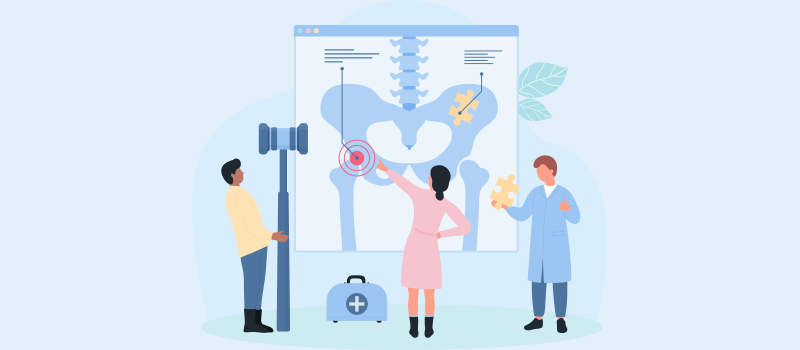
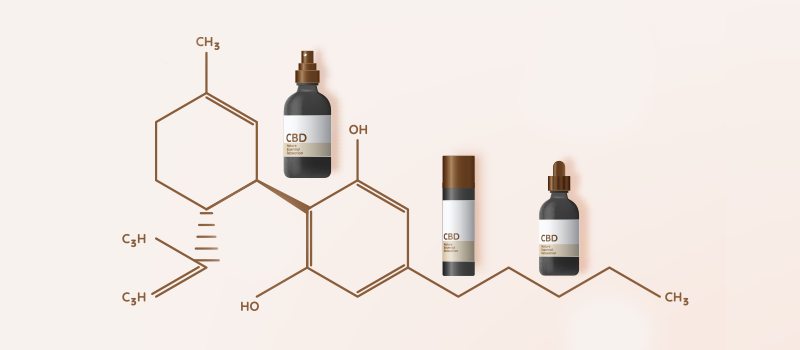
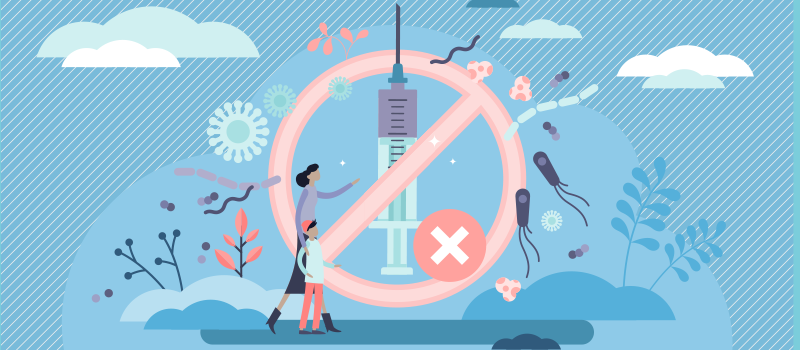

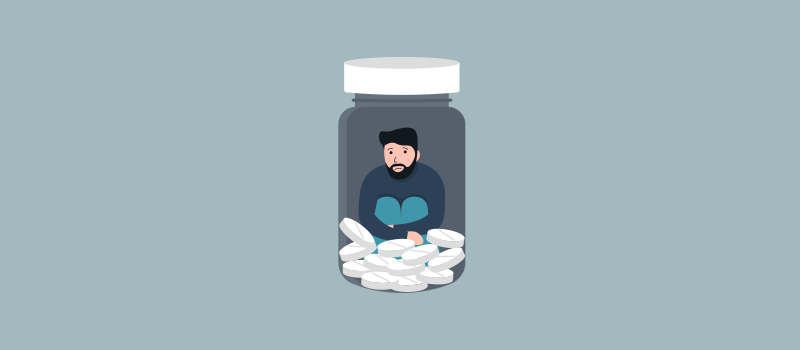

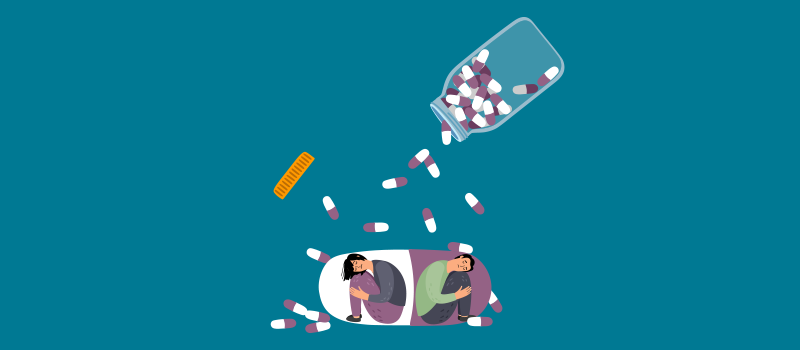

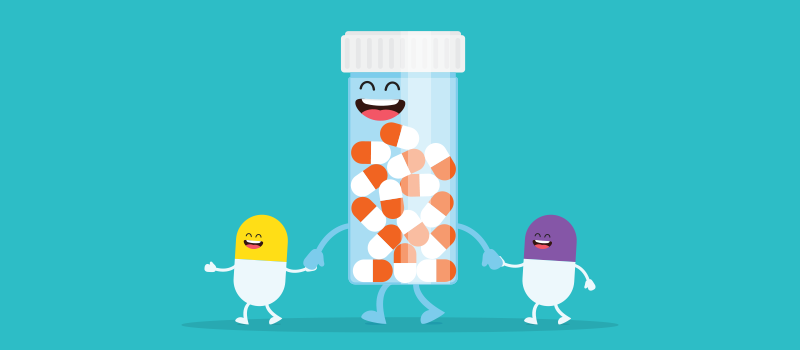

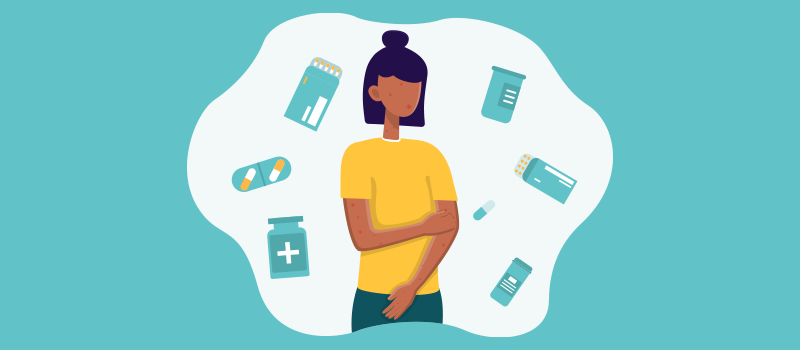
SOCIAL